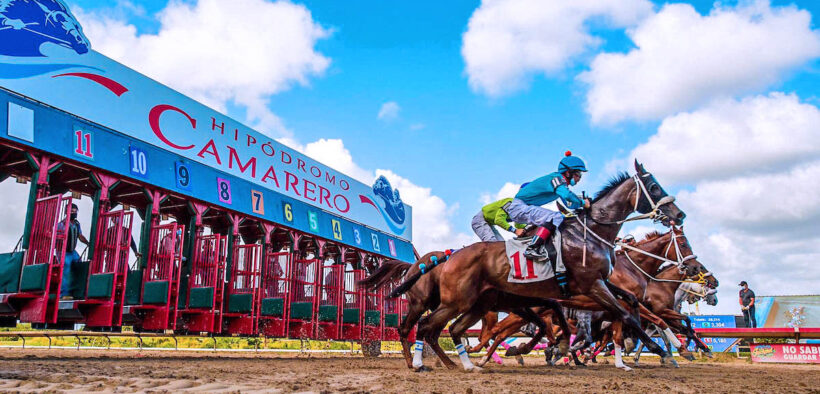Horse owners sue Camarero, allege exclusion scheme

The Puerto Rico Horse Owners Association has filed a federal lawsuit against Camarero Race Track Corp., its president Ervin Rodríguez, and the Confederación Hípica de Puerto Rico, accusing them of conspiring to exclude PRHOA members from wagering revenues and to pressure them into joining a rival group.
Filed in the U.S. District Court for the District of Puerto Rico, the complaint alleges that Camarero and CHPR engaged in “a concerted scheme to exclude PRHOA and its members from participating in simulcast-in wagering revenues to which they are legally entitled under Puerto Rico law.” The case has been assigned to Judge Aida M. Delgado-Colón.
The suit claims the defendants’ actions violate the U.S. Constitution’s guarantees of due process, equal protection and freedom of association, as well as the Sherman Antitrust Act and the Interstate Horseracing Act.
According to the filing, Camarero operates under an exclusive franchise granted by the Puerto Rico Gaming Commission and therefore “acts as a state actor when managing and distributing state-regulated racing revenues.”
PRHOA argues that Camarero and CHPR used that authority to favor CHPR members and penalize PRHOA’s independence.
“Camarero is depriving the members of PRHOA of property rights, violating their due process and equal protection rights, and is engaging in anticompetitive and monopolistic conduct,” the complaint says.
The dispute focuses on the distribution of simulcast-in wagering proceeds — revenues generated from races broadcast from outside Puerto Rico. PRHOA claims its members have a statutory right to share in those proceeds but were notified in October that, effective Nov. 1, Camarero would “cease distributing proceeds from simulcast-in wagering to PRHOA and its members.”
The filing says the decision followed “private meetings between Camarero and CHPR” and that PRHOA’s objections were ignored. The group contends the exclusion was intended to “coerce PRHOA’s members into joining CHPR,” consolidating political and financial control over Puerto Rico’s horse racing industry.
The complaint alleges the actions were taken “without notice or hearing,” amounting to “a taking of property without just compensation,” and characterizes the conduct as a “group boycott” under federal antitrust laws.
It also details the alleged roles of CHPR President Rafael Matos and former PRHOA executive Fernando Bonnet, now employed by CHPR. Bonnet is accused of breaching his fiduciary duties and joining “a civil conspiracy to deprive PRHOA and its members of their rights.” The lawsuit cites Bonnet’s reported remark that “by Christmas, PRHOA will disappear” as evidence of intent to dismantle the association.
PRHOA seeks declaratory, injunctive and monetary relief, including an order requiring Camarero to resume payments to its members and damages exceeding $500,000. The association argues the defendants’ conduct “will deprive PRHOA and its members of their property rights without due process” and unlawfully restrains trade.
The filing also notes that the Puerto Rican government receives a share of racetrack wagering proceeds, making Camarero’s actions “state action” subject to constitutional limits.
The complaint concludes that “Camarero’s decision to favor one association of horse owners over another, and preclude PRHOA’s exercise of constitutional rights, amounts to unconstitutional government conduct, even if implemented through a nominally private entity.”




